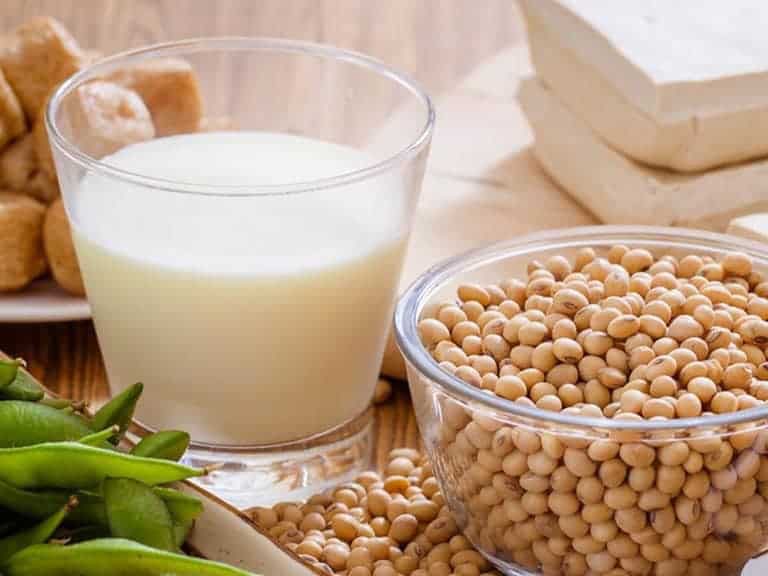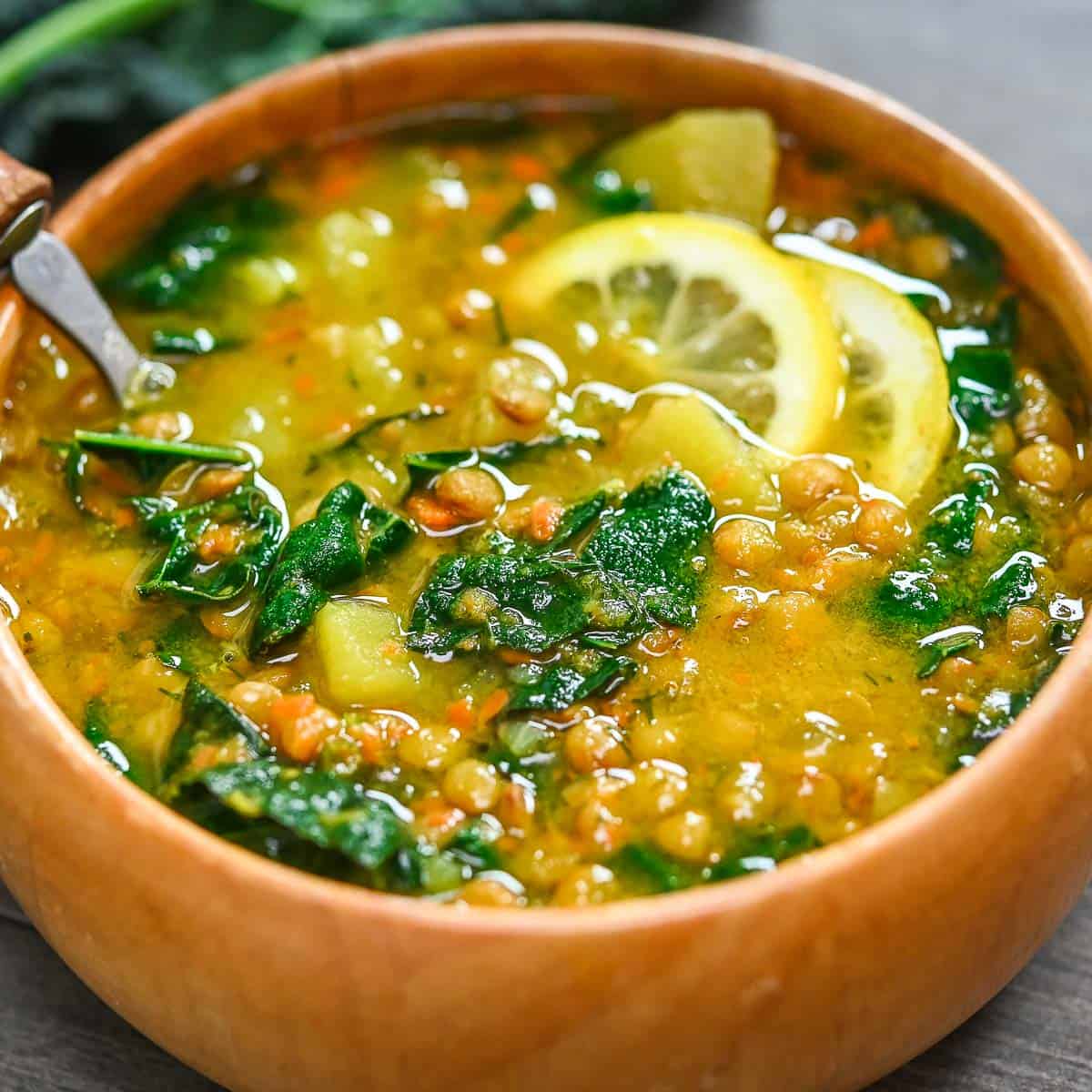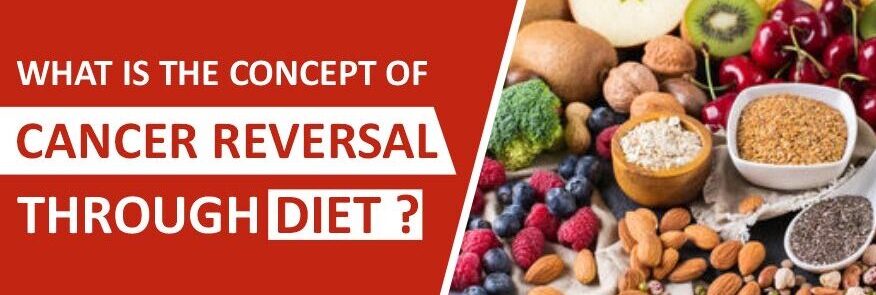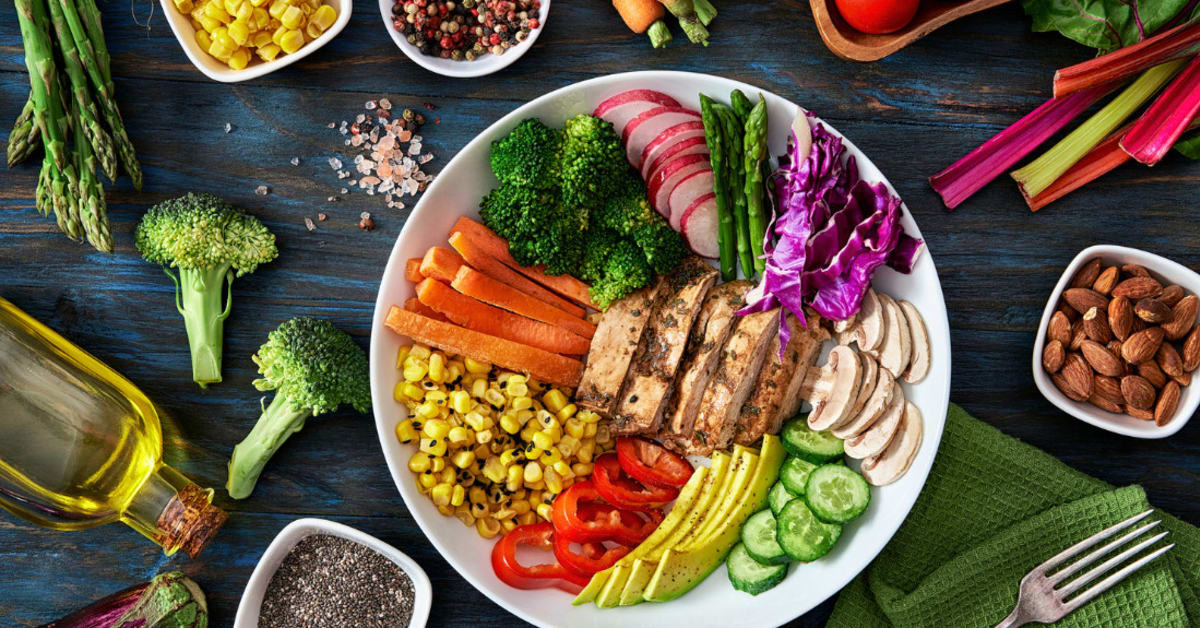
Soy has been a topic of debate for many years, especially when it comes to its effects on breast cancer survivors. On one hand, soy is known for being a rich source of phytoestrogens, plant compounds that have a similar structure to estrogen in the body. On the other hand, some fear that these compounds could potentially fuel estrogen-sensitive breast cancer growth. In this article, we will explore the impact of soy on breast cancer survivors, its potential benefits, risks, and the role of soy in breast cancer prevention and treatment.
What Are Phytoestrogens and How Do They Affect Breast Cancer Survivors?
Phytoestrogens, found in foods like soy, flaxseeds, and whole grains, mimic the activity of estrogen in the body. They have been studied extensively in relation to breast cancer survival because of their potential to influence estrogen levels. While some studies suggest that phytoestrogens may be protective for breast cancer survivors by modulating estrogen activity, others raise concerns that they could promote the growth of estrogen-sensitive tumors.
It’s important to note that the type of soy consumed, whether fermented or unfermented, can influence how these phytoestrogens affect the body. Fermented soy products, such as tempeh, miso, and natto, tend to have fewer estrogenic effects compared to unfermented soy products like soy milk and tofu. Understanding the difference is key to deciding whether soy should be included in a breast cancer survivor’s diet.
Is Soy Safe for Breast Cancer Survivors?
For many years, breast cancer survivors have been advised to avoid soy due to concerns that its estrogen-like properties might promote cancer recurrence. However, recent research has begun to challenge this assumption. In fact, studies suggest that soy may actually reduce the risk of cancer recurrence, especially for those diagnosed with estrogen receptor-positive breast cancer.
A 2016 study published in the Journal of Clinical Oncology found that women who consumed soy products had a lower risk of cancer recurrence compared to those who didn’t. This research suggests that moderate consumption of soy could be safe and even beneficial for breast cancer survivors, but more research is needed to fully understand its long-term effects.
The Benefits of Soy for Breast Cancer Survivors
1. Phytoestrogens May Help Regulate Hormones
Soy contains a type of phytoestrogen called isoflavones, which have been shown to bind to estrogen receptors in the body, potentially helping to regulate estrogen levels. In some studies, isoflavones have been linked to reduced tumor growth and may help prevent the growth of hormone-dependent cancers.
2. Soy’s Role in Improving Gut Health
Research has shown that fermented soy products, in particular, can contribute to improving gut health. By promoting healthy gut bacteria, soy may enhance immune function, which is vital for breast cancer survivors who may be more susceptible to infections after chemotherapy or radiation treatment.
3. Soy and Cardiovascular Health
Breast cancer treatments like chemotherapy and radiation can increase the risk of cardiovascular diseases, as they often lead to a decline in heart health. Some studies suggest that the consumption of soy protein can help lower blood cholesterol levels and improve heart health, which is especially important for breast cancer survivors.
Should Breast Cancer Survivors Avoid Soy Products?
The question of whether breast cancer survivors should avoid soy is complex, and the answer depends on several factors, including the type of breast cancer and the type of soy product consumed. Women with estrogen receptor-positive breast cancer should consult their healthcare providers to determine the best course of action regarding soy consumption.
While moderate consumption of fermented soy is generally considered safe for most breast cancer survivors, unfermented soy products (such as soy milk or tofu) should be consumed in moderation. For those who have concerns, organic and non-GMO soy products are recommended as they are free from synthetic pesticides and genetically modified organisms.
Is Genetically Modified Soy Safe for Breast Cancer Survivors?
There is a growing concern about the impact of genetically modified (GMO) foods on health, including their effects on breast cancer. GMO soy has been modified to resist herbicides and improve yield, but it’s unclear whether these modifications have any impact on breast cancer risk or recurrence.
Some studies have suggested that consuming GMO soy may increase the risk of hormonal disruptions, which could potentially affect breast cancer survivors. Therefore, it’s advisable to choose non-GMO soy products to avoid potential risks associated with genetically engineered foods.
Who Should Avoid Soy?
While soy may have benefits for most breast cancer survivors, there are certain individuals who should avoid it. People with a history of soy allergies, genetic mutations related to breast cancer, or those with certain medical conditions may be advised to avoid soy. Additionally, those who are at high risk for estrogen-sensitive cancers should consult their doctor before adding soy to their diet.
For individuals who are unsure about the potential impact of soy on their health, it is always best to seek guidance from a healthcare professional or a registered dietitian with expertise in cancer nutrition.
How to Incorporate Soy Into a Breast Cancer Survivor’s Diet
If you are a breast cancer survivor considering adding soy to your diet, here are some practical tips for doing so safely:
-
Focus on Fermented Soy: Choose fermented soy products like tempeh, miso, and natto, which contain fewer estrogenic compounds and offer additional probiotic benefits.
-
Limit Processed Soy: Processed soy foods like soy milk, tofu, and soy protein isolates should be consumed in moderation. Opt for organic, non-GMO versions.
-
Include Soy in Balanced Meals: Incorporate soy into a balanced diet that includes a variety of vegetables, fruits, whole grains, and healthy fats to ensure that you’re getting a wide range of nutrients.
Conclusion: The Role of Soy in Breast Cancer Survivors’ Diets
While the debate around soy and its effects on breast cancer is ongoing, the current body of research suggests that moderate soy consumption may be safe and even beneficial for breast cancer survivors, particularly when the soy is fermented. Soy provides essential nutrients, such as protein, fiber, and antioxidants, which can contribute to better overall health and help reduce the risk of cancer recurrence.
As always, it’s important for breast cancer survivors to consult with their healthcare providers or dietitians before making any major dietary changes, especially when it comes to soy.
For more detailed information on soy and breast cancer, visit the American Cancer Society website or check out Breastcancer.org here.




